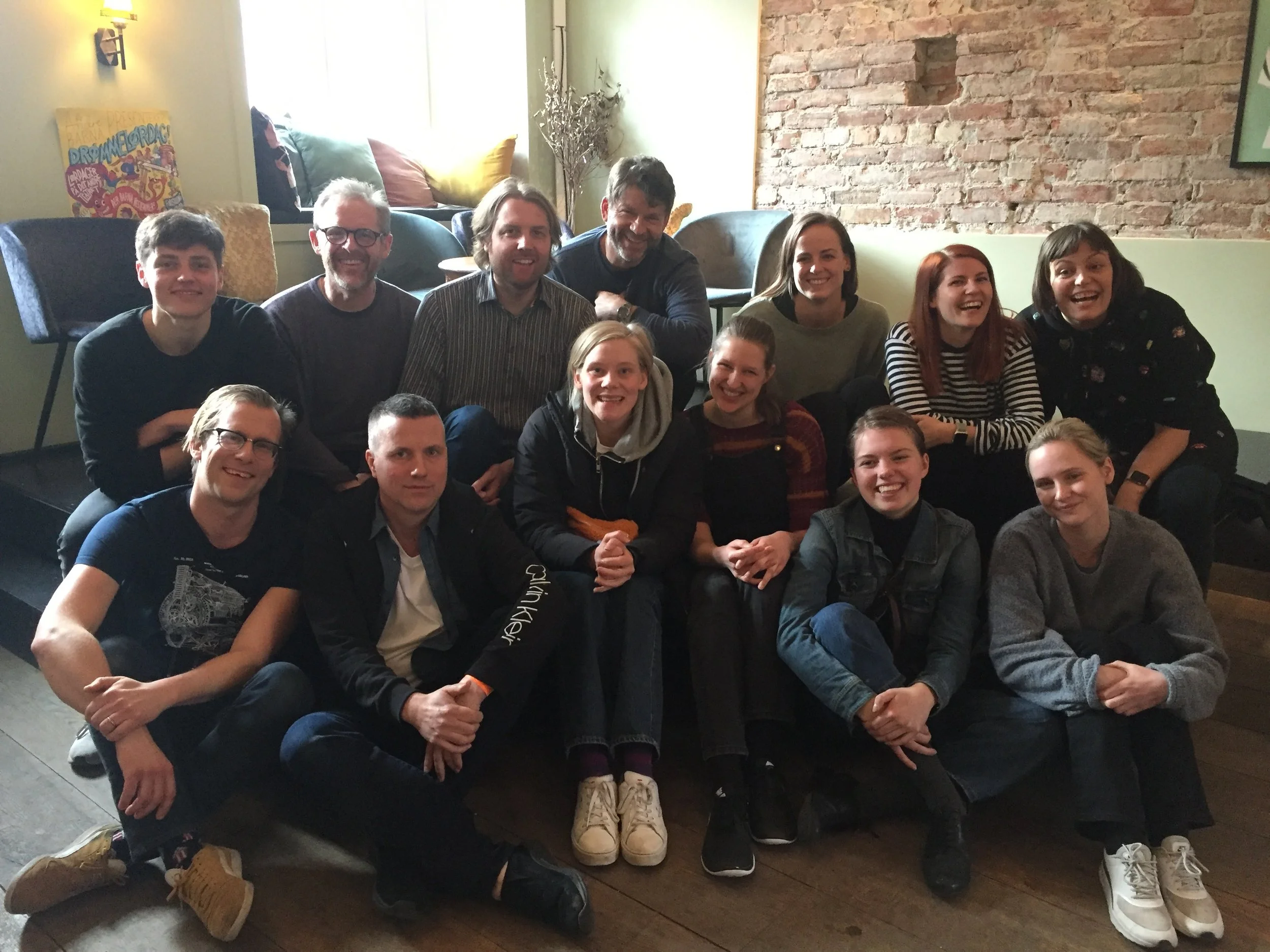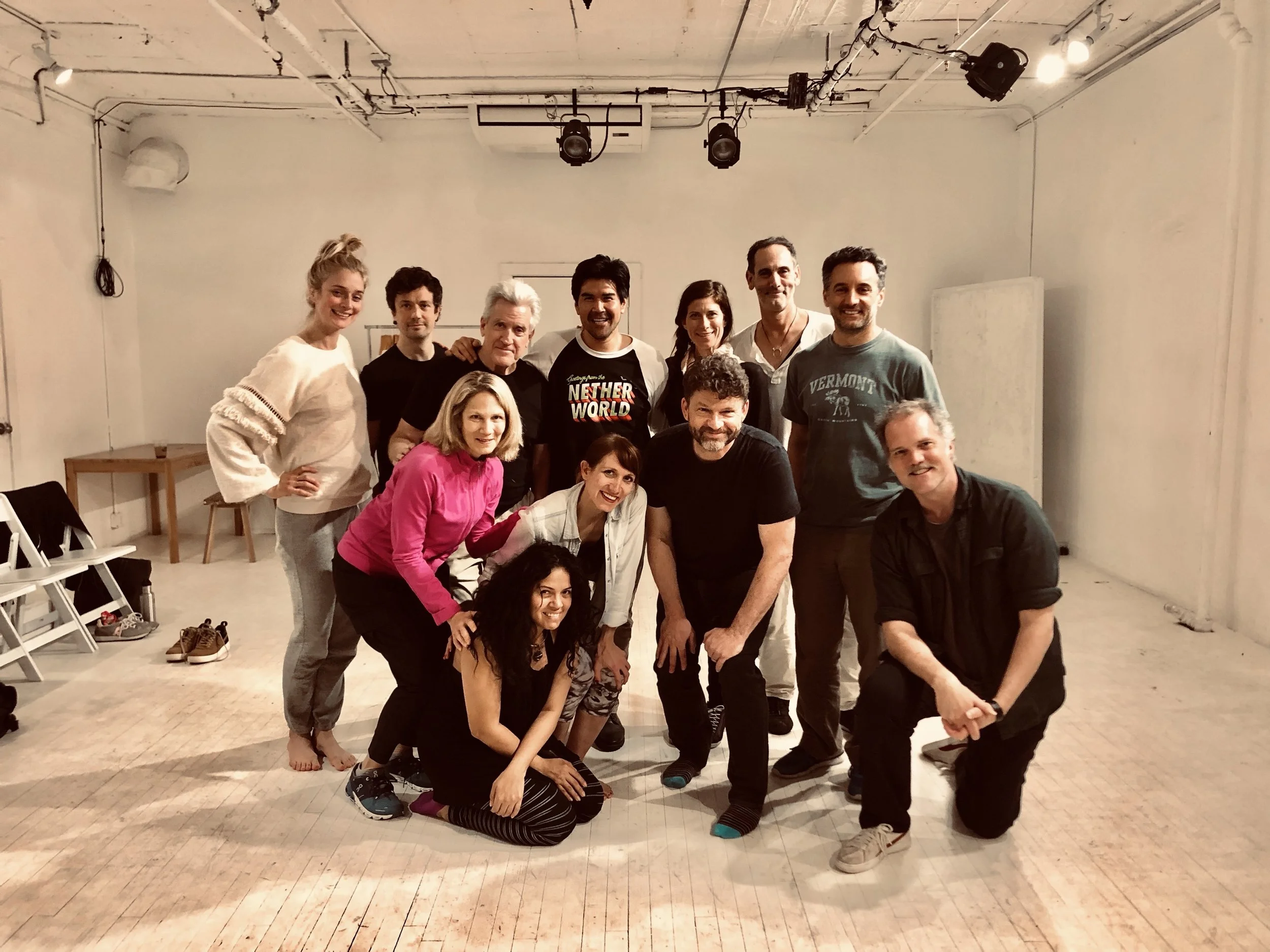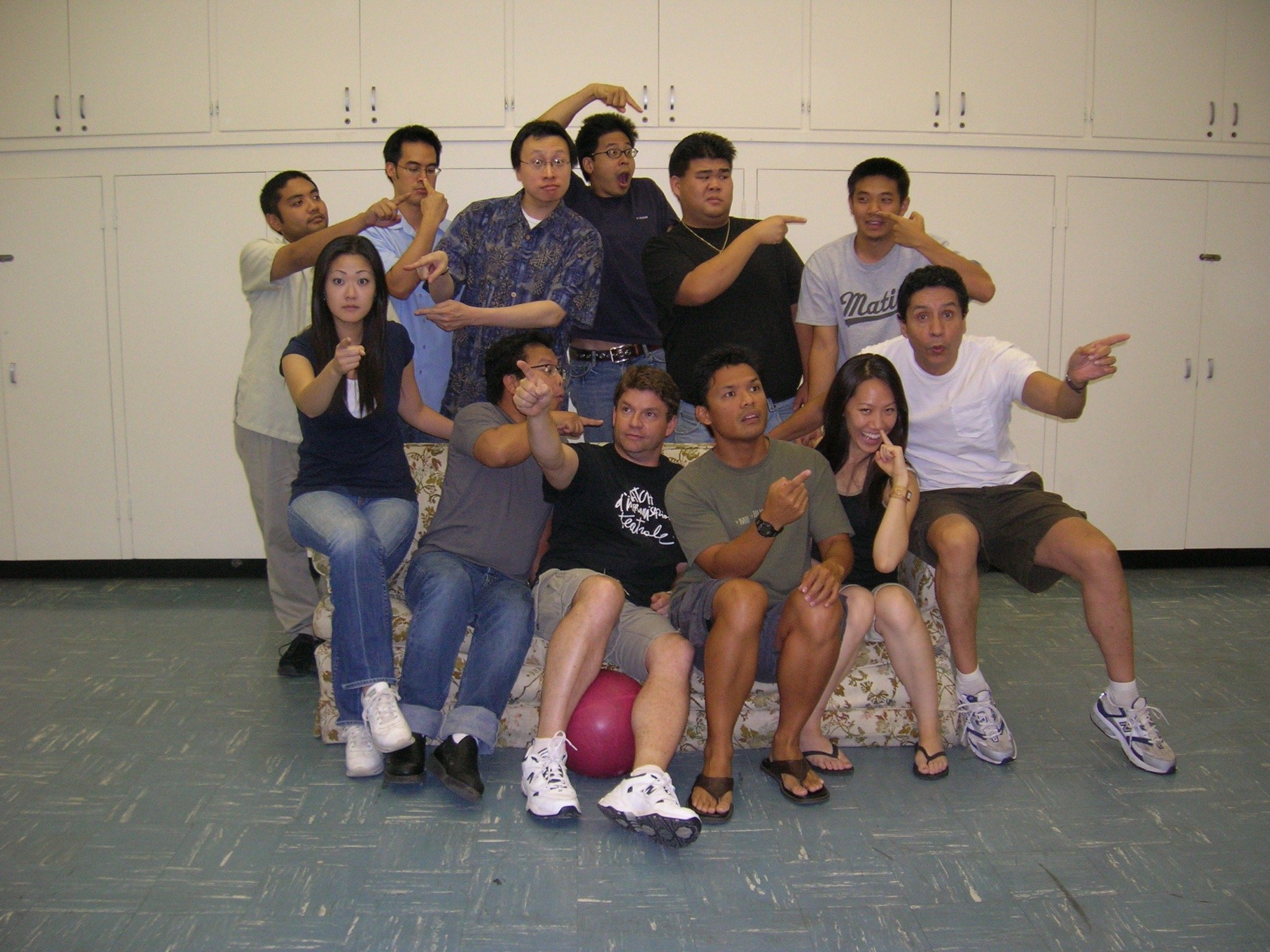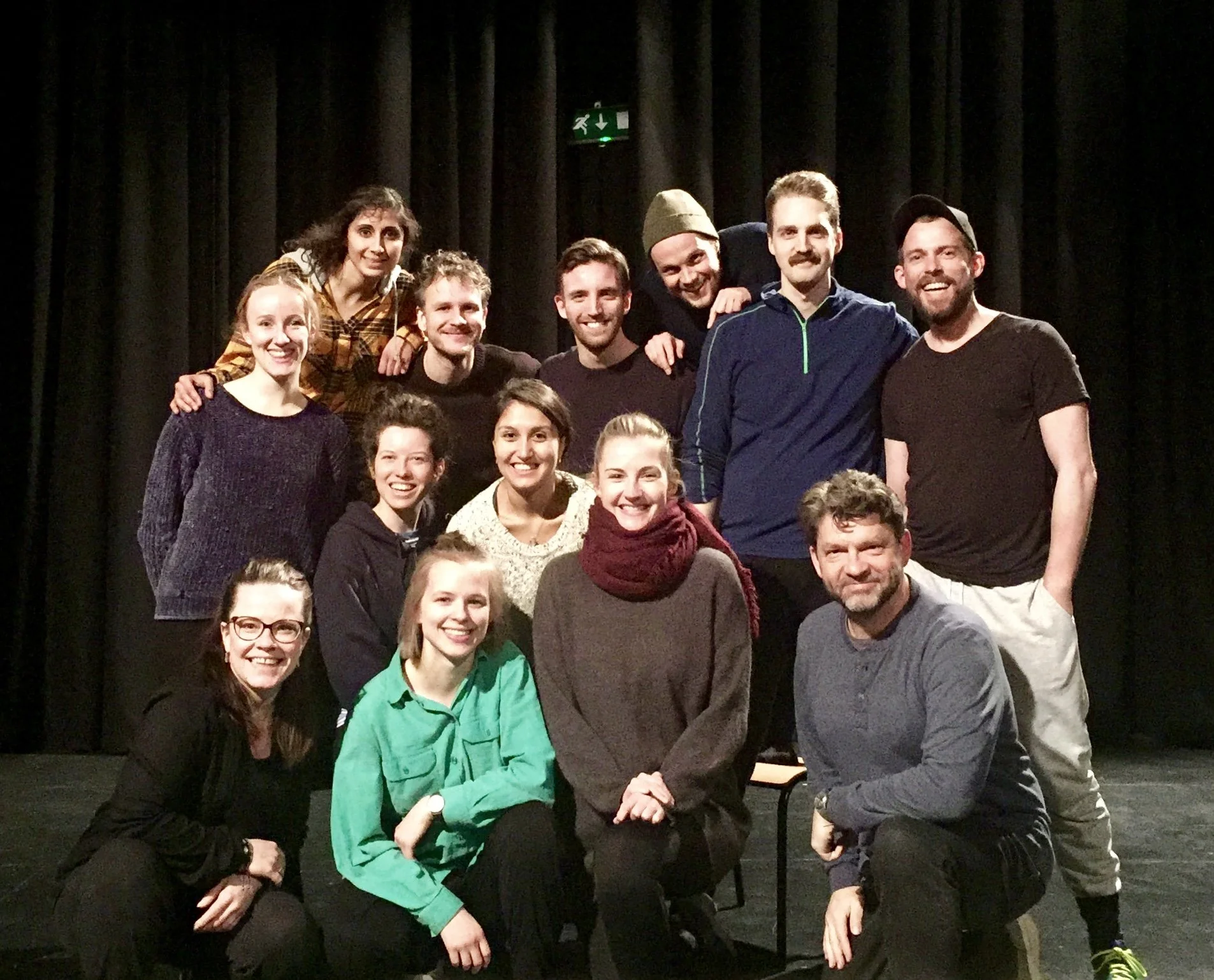Workshops
Improvisation Workshops for Organizations
Dan offers classes, workshops and consulting to theatre companies, corporations, improv groups and individuals.
Corporate Workshops include Teambuilding, Performance & Presentation, and Collaboration.
These sessions are designed to deliver performance training that will help participants to be more creative, attentive and more present in order to be engaged with their own work and that of their team.
Please contact Dan to discuss your specific needs as all the work is designed to meet the goals of the clients and participants.
Improvisation Workshops for the Theatre
“The improviser has to understand that their first skill lies in releasing their partner’s imagination.” -Keith Johnstone
“The preferred, most efficient, highest-order form of energy transfer (the premier way for a scene to advance the story in a non-trivial way) is for a beat to cause the next beat, especially if that next beat is felt as essential, i.e., as an escalation: a meaningful alteration in the terms of the story.” -George Saunders
Beats
This workshop is about telling a story and moving from moment to moment with dramatic or comic efficiency while still taking your time. We will work on trying to take care of the narrative and understand what the scene needs and how to provide it.
Being Present
Listening and being present to your partner is not a passive endeavor or just a matter of geography between the actors on stage. This class is about making choices to give our attention in scene and how we might let go of planning and just respond.
Causality
How do we create specific and detailed stories on our feet? This class will look at the tools of short story writing as they apply to unscripted theatre. Using George Saunders’ book A Swim in the Pond in the Rain, we will look at his investigation of Chekhov and other great Russian writers as they apply to improvising unscripted theatre. Requires reading A Swim in the Pond in the Rain.
Foundation
The way you start a scene directly relates to how well you can sustain it. A great beginning helps your fellow players to relax, stop negotiating, and just do it. Most importantly, a solid platform helps the audience to engage with the story and connect with the scene.
Trust and Silence
The silences between speaking in a scene are just as important as the dialog; so much is conveyed about the story in those moments. Sometimes improvisers have a tendency to rush through the silences and interrupt the story to get to the joke at the expense of the narrative. This workshop is about trusting yourself, your partner, and the emotions of the scene. Even when the scene is purely comedic, those moments prompt the audience to understand what they are watching and invest in it.
Improvisation for the Actor
The business of acting today requires improvisation as never before. From auditioning for a commercial to having to do a lot with a little HERE when reading for television or film, the skills of narrative improvisation are essential to expand your ability and book the job.
Acting for the Improviser
Many people come to improv without any acting training and as a result can be limited in how they are able to improvise. This class is about teaching the improviser basic acting skills, broadening his emotional range, and creating engaging characters.






